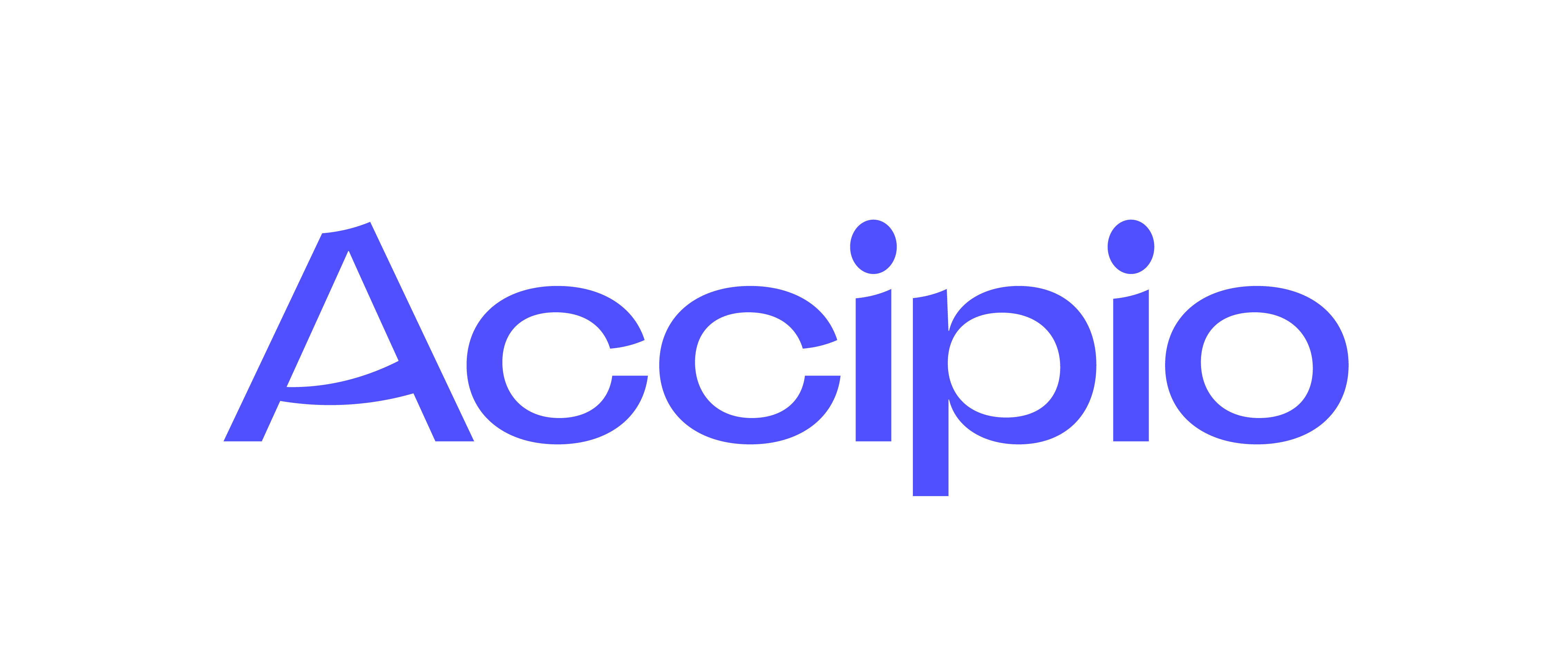14 Apr Coaching- What Exactly Is It?
Many people and when asked if they offer coaching as part of their development say ‘yes of course we do coaching…’ This is when we dig deeper and ask some exploratory questions.
Why do we do this? Experience tells us that people and organisations inadvertently use coaching as a ‘bumper sticker’, a term which when probed covers a multitude of sins! When coaching is described to me we often hear a spectrum of concepts – training, counselling, mentoring, passing on knowledge, something else and then perhaps some of the traits of coaching. Whilst this may seem as stereotyping, see for yourself, ask the question and see what you get…
Although coaching takes its name from the ‘sports coach’, coaching within organisations is radically different.
According to Cox et al (2014) the word coach has its origins from a town called ‘Kocs’ in Hungary, where horse drawn carriages were made. The idea of coach as someone who trains or instructs allegedly comes from the mid 1800’s when it was used as slang to describe an Oxford University tutor who ‘carried’ a student through an exam. Subsequently the phrase was applied to improving the performance of athletes.
In recent years, coaching has become a part of business language and practice. Since this time the expansion of coaching as a tool, role and profession has been significant.
Below are a few definitions from a range of coaching practitioners and experts to help you get clear in your own mind about what coaching is, and then how it is different from other development approaches.
Coaching is the art of facilitating the performance, learning and development of another.
Myles Downey, 2003, Effective Coaching.
Partnering with clients in a thought-provoking and creative process that inspires them to maximize their personal and professional potential.
The International Coaching Federation.
Coaching is unlocking a person’s potential to maximize their own performance. It is helping them to learn rather than teaching them.
Whitmore 1992, Coaching For Performance.
A collaborative, solution focused, result-orientated and systematic process in which the coach facilitates the enhancement of work performance, life experience, self-directed learning and person growth of the coachee.
Grant 1999, basic definition also referred to by the Association for Coaching, 2005.
Note some of the words used – facilitating, performance, creative, process, inspires, unlocking, potential, learn, collaborative. There is nothing here about train, teach or tell, this is important. Coaching is about enabling people to explore, examine and understand for themselves, through the use of questions, stories, analogies, feedback by the coach, so that they learn about themselves in order to change behaviours, or try new things. I am not teaching someone something when I coach them, I am exploring their situation and issue with them, to increase their own self awareness, maximize the potential and abilities that they have, in order to impact on their performance.
Cox, E. Bachkirova, T & Clutterbuck, D (2014). The Complete Handbook of Coaching. (2nd Edition). Sage. London.
Developing your understanding of coaching
- Speak to different people in your business finding out what they think coaching is? What different responses do you get? What does that say to you?
- Imagine you had to describe to someone in the street what coaching was, what would you say?
- Go aware and create your definition of coaching that you are happy with, test it against some of the more common definitions, how does it compare? Try it out on colleagues, do they understand what you are describing?

